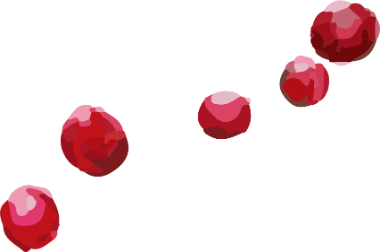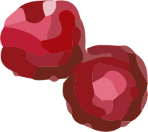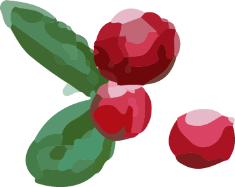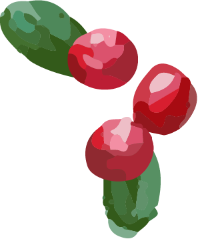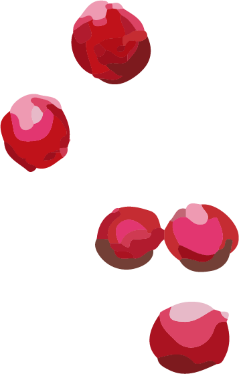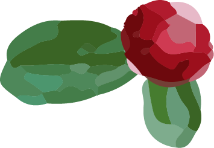BASIS Degree Program
Bachelor of Arctic & Subarctic Interdisciplinary Studies (BASIS)
.png)
Overview
Do you want to live and learn on the homelands of Innu and Inuit in Labrador?
Are you looking for a degree that combines classroom-based learning with on-the-land and experiential opportunities?
Do you enjoy working collaboratively with a small cohort in environments that emphasize interdisciplinary learning?
Then the Bachelor of Arctic and Subarctic Interdisciplinary Studies (BASIS) program is for you!
The Bachelor of Arctic and Subarctic Interdisciplinary Studies (BASIS) is a new undergraduate program within the School of Arctic and Subarctic Studies!
This unique program provides students with opportunities to pursue a full and complete undergraduate degree at the Labrador Campus, which integrates multiple ways of knowing and multiple disciplinary approaches and emphasizes Indigenous leadership.
Through a combination of classroom-based, land-based, and experiential learning opportunities, the BASIS program aims to create a hub of Northern-focused and Indigenous-led educational excellence that brings people together to work on the key challenges and priorities of the North and supports Innu, Inuit, and Indigenous self-determination, sovereignty, and resurgence in Labrador and across the North.
| School | Campus | Length | Format | Honours available? | Prospective students |
|---|---|---|---|---|---|
| School of Arctic and Subarctic Studies | Labrador Campus | 3 to 3.5 years |
12 six-week modules, worth 9 credit hours each, plus an additional 12 credit hours of approved self-directed learning options.
Modules consist of classroom-based, land-based, and experiential courses. |
Yes |
For more information, contact Mckenzie Hutchings (Student Recruitment, Retention, and Relationships Officer, Labrador Campus) or Dr. Sylvia Moore (Interim Dean, School of Arctic and Subarctic Studies).
Visit the Memorial University University Calendar. |
Download the BASIS Program Overview for a summary of the information provided below.
Program structure
The BASIS program follows a unique structure with students learning through two six-week interdisciplinary modules each semester, as well as through student-directed learning options.
All students must complete 120 credit hours, including 108 credit hours of BASIS modules and courses and 12 credit hours of student-directed learning.
Module overview
The BASIS program has 12 modules, each worth 9 credit hours. Each module lasts six weeks, with a one-week break in between. Students will normally complete two modules each semester (i.e., 18 credit hours).
Each of the modules is made up of two or three individual courses, which will show up on student transcripts under three different designations:
- classroom-based (numerically graded);
- land-based (pass/fail); and
- experiential (pass/fail).

The modular structure of the BASIS program reflects and respects the seasonal rhythms of life in Arctic and Subarctic regions. Students will delve deeply into key topics of importance to Labrador and the North and learn through multiple disciplines, ways of knowing, and perspectives through an integrative, interactive, rigorous, and rich learning environment.
The 12 modules that make up the BASIS program are designed to build on and complement one another, creating interconnected and interdisciplinary Indigenous-led and Northern-focused learning opportunities.
Download the PDF BASIS Program Overview!
Click to expand the sub-headings below and learn more about the BASIS program modules!
Module 1: Peoples of What is Now Called Labrador I (9 Credit Hours) engages students in interdisciplinary and Indigenous forms of knowledge and scholarship to strengthen their understanding of the unique histories, cultures, and places of the Innu and Inuit of Labrador. This module is structured over the first half of the Fall Semester in Year 1.
Module 2: Peoples of What is Now Called Labrador II (9 Credit Hours) introduces students to decolonial, Indigenous and Western forms of knowledge and scholarship to strengthen their understanding of the natural and human history of what is now called Labrador. This module is structured over the second half of the Fall Semester in Year 1.
Module 3: The Circumpolar North (9 Credit Hours) engages students with diverse knowledges and scholarship from Indigenous and settler artists, academics, community and political leaders, and local experts from these regions to stimulate interest in and understanding of the complex issues facing the Circumpolar North. This module is structured over the first half of the Winter Semester in Year 1.
Module 4: Stories of the North (9 Credit Hours) engages students with Labrador storytellers, narrative styles, and knowledge representations and immerses them in land-based learning. This module is structured over the second half of the Winter Semester in Year 1.
Module 5: Strengthening Indigenous & Northern Health, Healing, and Wellbeing (9 Credit Hours) introduces students to key issues in concepts of Arctic and Northern Indigenous health and healing, health policies, and health equity from Indigenous and land-based approaches to health and wellness. This module is structured over the first half of the Fall Semester in Year 2.
Module 6: Colonization and Reconciliation (9 Credit Hours) engages students with leading national and Indigenous-led policy and advocacy efforts, creating space for the practical application of key concepts like colonization and reconciliation in context. This module is structured over the second half of the Fall Semester in Year 2.
Module 7: Resistance, Resilience, and Reclamation (9 Credit Hours) introduces students to Northern and Indigenous theories, concepts and practices that strengthen interdisciplinary understandings of Indigenous resistance, resilience, and reclamation. This module is structured over the first half of the Winter Semester in Year 2.
Module 8: Arctic and Subarctic Ways of Knowing, Doing, & Being (9 Credit Hours) enables students to explore how the land teaches, governs, and balances all life. This module is structured over the second half of the Winter Semester in Year 2, and begins with a two-week land camp.
Module 9: Relational Connections with Wildlife, Fish, & Plants (9 Credit Hours) explores co-management theory and practices across Northern Canada, emphasizing Labrador and Inuit Nunangat. This module is structured over the first half of the Fall Semester in Year 3.
Module 10: Relationships & Responsibilities (9 Credit Hours) allows students opportunities to participate in learning experiences with Elders, knowledge holders, Land, and the more-than-human entities of Place. This module is structured over the second half of the fall semester in Year 3.
Module 11: Sustainable Self-Determined Futures (9 Credit Hours) involves interdisciplinary learning opportunities that engage key concepts and theories in the field of self-determination as it intersects with governance, laws, and justice among Northern and Indigenous peoples. This module is structured over the first half of the Winter Semester in Year 3.
Module 12: Building Your Own Futures (9 Credit Hours) is structured over the second half of the Winter Semester in Year 3 and into the spring semester. Students can pursue their own independent learning, research, and/or community project, focused on building from their learning from the other modules, and following their own interests and ideas. This module has two pathways: one for general degree students and one for honours degree students.
Note: Students must complete all courses in Modules 1 and 2 before registering for courses in Modules 3 through 11.
Students who do not successfully complete courses in Modules 3 through 11 must successfully complete those courses prior to registering for courses in Module 12.
What follows is an overview of the timing of BASIS modules, broken down by year and semester:
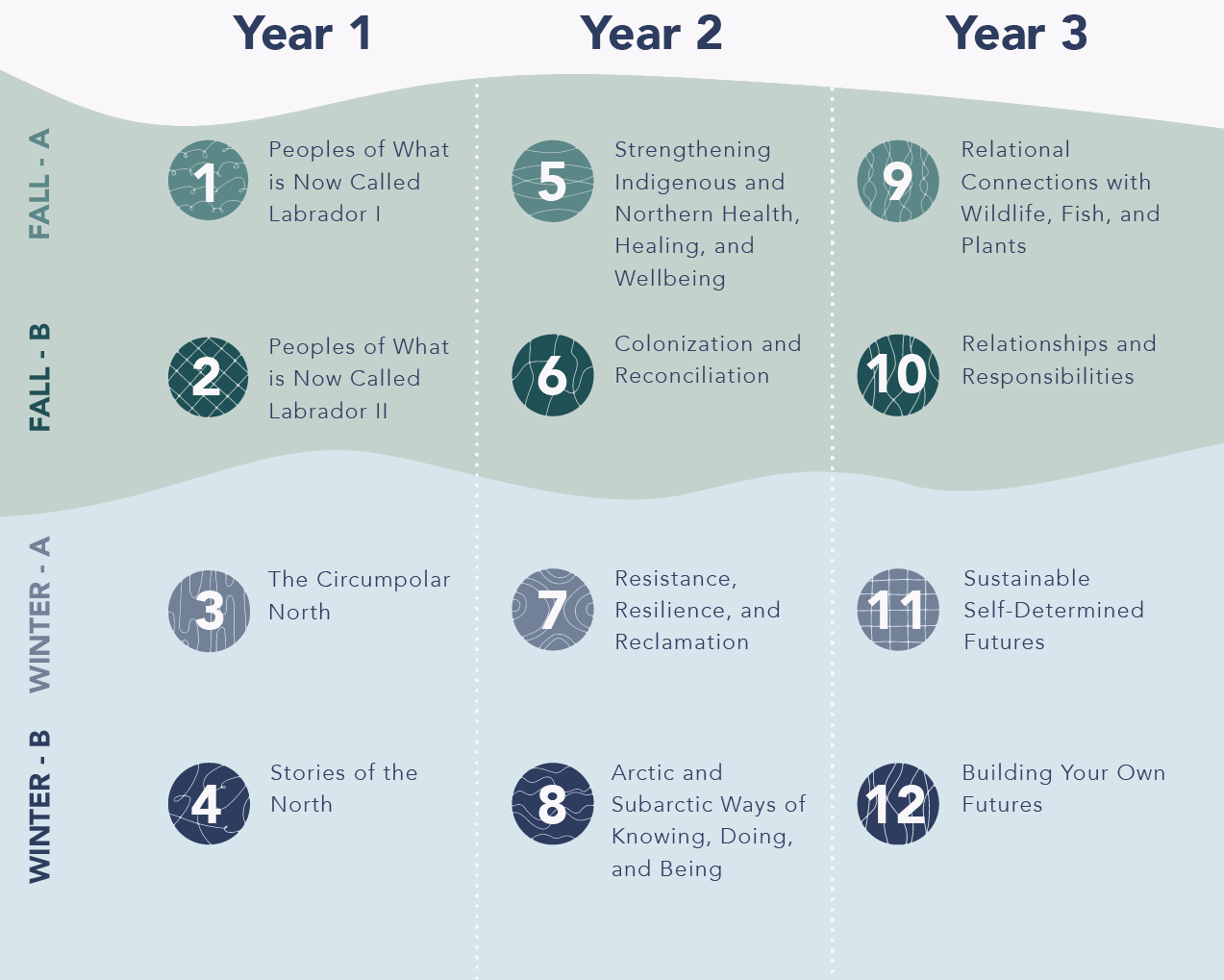
Download the PDF version of the BASIS Modules Overview!
Student-directed learning
In addition to the above modules, students will pursue their own learning interests with the equivalent of 12 credit hours available for approved student-directed learning options. These can include:
- taking other Memorial University courses at other campuses;
- connecting with educational opportunities at other Northern post-secondary institutions in Canada or throughout the Circumpolar North; or
- pursuing approved skills-based learning and training opportunities relevant to living and working in the North (e.g. Wilderness First Aid, Guardian training).
Students will be provided with a list of suggested and approved possibilities upon entering the program and will also have the opportunity to suggest other options to the program committee for approval. Students will be supported throughout their degree to complete these additional 12 credit hours in ways that align with their personal and professional interests and aspirations.
As appropriate, external learning opportunities may be assessed under Transfer Credit or Prior Learning Assessment and Recognition (PLAR) regulations.
Program pathways
The BASIS program’s accelerated, yet supportive and intuitive, learning structure means that most learners will finish their program in three full academic years, plus an additional spring/summer semester.
Learners may choose between the following program pathways (click to expand each section):
The BASIS general degree pathway includes:
- 12 core BASIS modules (108 credit hours)
- Approved electives and professional development options (12 credit hours)
- A community-based and community-led major project, including applied research coursework.
The Honours BASIS pathway provides the opportunity, over and above the requirements of the regular BASIS degree, for learners to pursue a research-focused concentration at an advanced level in an approved area. This pathway normally takes an additional semester of study to complete the thesis research. This pathway includes:
- 12 core BASIS Modules (108 credit hours)
- Approved electives and professional development options (12 credit hours)
- A community-based and community-led undergraduate thesis project, including applied research coursework and a thesis presentation.
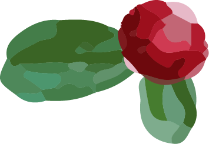
Unique features
Click to expand the subheadings below and learn more about the unique features of the BASIS program!
The BASIS program focuses solely on Arctic and Subarctic regions and has a curriculum created by and for people in Labrador and the North.
It is the first undergraduate program of its kind in Canada and is a rare offering throughout the Circumpolar North.
The BASIS program also offers distinct and complementary contributions to the existing Northern-focused course offerings, faculty, and resources offered at other Memorial campuses. Students will be trained to navigate diverse knowledge systems and integrate multiple ways of knowing, doing, and being.
At its heart, the BASIS program is premised on and inspired by learner-centred education, which celebrates individual gifts and champions each student’s aspirations.
Land-based, experiential, and classroom-based opportunities are integrated throughout each BASIS module, providing a rich, innovative, and leading-edge undergraduate educational experience.
Overall, the BASIS program provides a unique, enriching, and holistic learning experience for Northern-based students, as well as students from multiple places and backgrounds.
Admission and application information
| Intake | Application deadlines |
|---|---|
| Fall (September) semester |
Priority deadline: March 1
Preferred deadline: July 16
Application system closes: August 13 |
You may apply for admission into the BASIS program directly from high school by indicating Bachelor of Arctic and Subarctic Interdisciplinary Studies at the Labrador Campus in the appropriate place on the undergraduate application for admission. In addition to you meeting the general admission requirements for Memorial University, admission into this program is subject to completion of a high school diploma or equivalent, with an overall average of 70% or higher.
Please note that meeting the minimum admission requirements does not guarantee your acceptance into the program.
For applicants who do not meet the minimum admission requirements, professional and leadership contributions to Arctic and Subarctic regions may be considered.
Applicants must pay the University’s general application fee with each application for admission or readmission to the University.
Sample program of study
| Semester | Modules | Courses |
|---|---|---|
|
Fall, Year 1 (Modules 1 & 2)
|
1) Peoples of What is Now Called Labrador I | Classroom: SASS 1000; 1001 (6 credit hours) |
| 2) Peoples of What is Now Called Labrador II |
Classroom: SASS 1002 Land: SASS 1500; 1501 |
|
|
Winter, Year 1 (Modules 3 & 4)
|
3) The Circumpolar North |
Classroom: SASS 1003; 1004 Land: SASS 1502 |
| 4) Stories of the North |
Classroom: SASS 2000 Land: SASS 2500 Experiential: SASS 2700 |
|
|
Fall, Year 2 (Modules 5 & 6)
|
5) Strengthening Indigenous and Northern Health, Healing, and Wellbeing |
Classroom: SASS 2001 Land: SASS 2501 (6 credit hours) |
| 6) Colonization and Reconciliation |
Classroom: SASS 2002; 2003 Land: SASS 2502 |
|
|
Winter, Year 2 (Modules 7 & 8)
|
7) Resistance, Resilience, and Reclamation |
Classroom: SASS 3000 Experiential: SASS 3700 (6 credit hours) |
| 8) Arctic and Subarctic Ways of Knowing, Doing, and Being |
Classroom: SASS 3001; 3002 Land: SASS 3500 |
|
|
Fall, Year 3 (Modules 9 & 10)
|
9) Relational Connections with Wildlife, Fish, and Plants |
Classroom: SASS 3003; 3004 Land: SASS 3501 |
| 10) Relationships and Responsibilities |
Classroom: SASS 4000; 4001 Experiential: SASS 4700 |
|
|
Winter, Year 3 (Modules 11 & 12)
|
11) Sustainable Self-Determined Futures | Classroom: SASS 4002; 4003 (6 credit hours) |
| 12) Building your Own Futures | Classroom: SASS 4300; 4301 (6 credit hours) or 4302 (6 credit hours) | |
| Student-directed learning | Students will be provided with a list of suggested possibilities upon entering the program. They will be supported throughout their degree to complete this component in ways that align with their personal and professional interests and aspirations (12 credit hours). | |
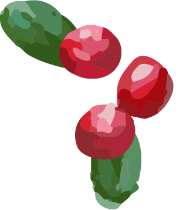
Sample courses
Click on each sub-heading below for a preview of what to expect in the classroom-based, land-based, and experiential courses that make up the BASIS program.
SASS 1000: Indigenous Peoples, Places, and Cultures in What is Now Called Labrador (3 credit hours)
Indigenous Peoples, Places, and Cultures in What is Now Called Labrador explores the diverse histories, cultures, traditions, and stories of the diverse Indigenous Peoples in what is now known as Labrador, who have occupied the lands, waters, and sea ice for millennia. Students will be guided by interdisciplinary and Indigenous forms of knowledge and scholarship to strengthen their understanding of the unique histories, cultures, and places of the Innu of Nitassinan and Inuit of Nunatsiavut and NunatuKavut.
SASS 1500: Fall Land Camp I (3 credit hours)
Fall Land Camp I initiates students to the land, people, and waters of coastal Labrador. Participants will spend 48 hours on the land and waters of coastal Labrador with a host community, organization, or family. In this time students will work together to set up tents, procure food, water, and wood, prepare meals, and participate in coastal-based cultural activities and learning.
SASS 2700: Storying Labrador Futures (3 credit hours)
Storying Labrador Futures is an experiential course in which students collaborate to envision possible Labrador futures. Based on these ideas, the students will develop narratives, which they will enact through the creative arts.
Potential career pathways
The BASIS program aims to strongly contribute to understanding and addressing the most pressing needs and priorities of the North, and to training a network of students and learners who will contribute to Northern social, cultural, and economic growth, development, and prosperity.
The BASIS program emphasizes training in critical thinking, writing and communication, and decision-making. As such, BASIS graduates will have diverse career path opportunities, particularly within Labrador and other Northern regions, and for Northern-focused and Northern-led organizations.
Land-Based Opportunities: protect and preserve traditional lands, waters, cultural sites, and natural resources through conservation, resource management, outdoor education, and stewardship.
Environmental Sustainability and Innovation: contribute to sustainable, equitable, and just futures for Northern peoples and environments.
Cultural Revitalization and Preservation: honour and promote rich Northern and Indigenous histories, cultures, languages, and self-determination.
Media and Arts: channel creativity into powerful storytelling and cultural expression.
Public Service: shape and influence policies and programs that make a real difference in people’s lives, in all levels of government.
Graduate Studies: dive deeper into a diversity of departments and disciplines, including at the Labrador Campus in our Arctic and Subarctic Futures graduate program!
And many more!
Note: Some of these careers may call for supplementary education or preparation in the form of graduate studies, experiential learning or professional courses and exams.
